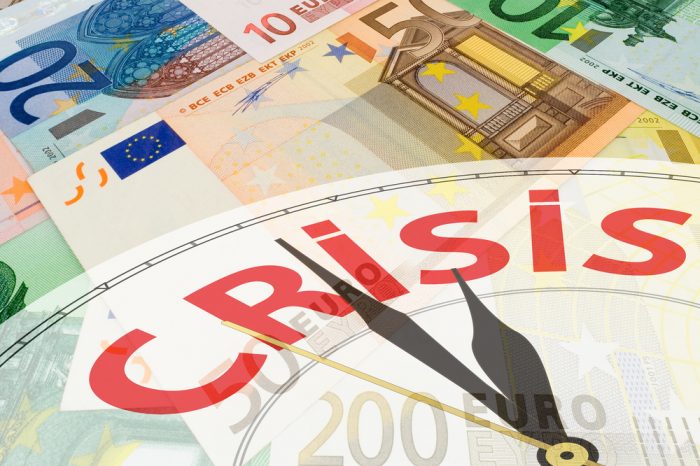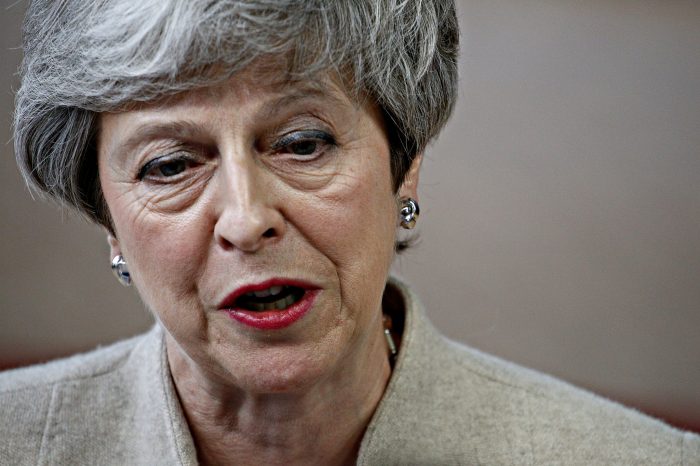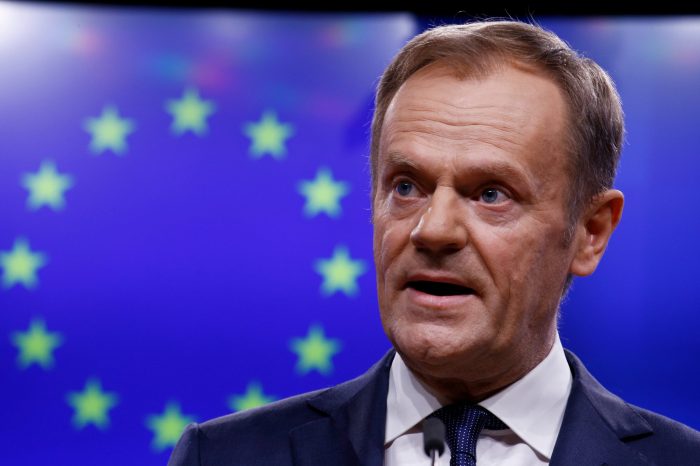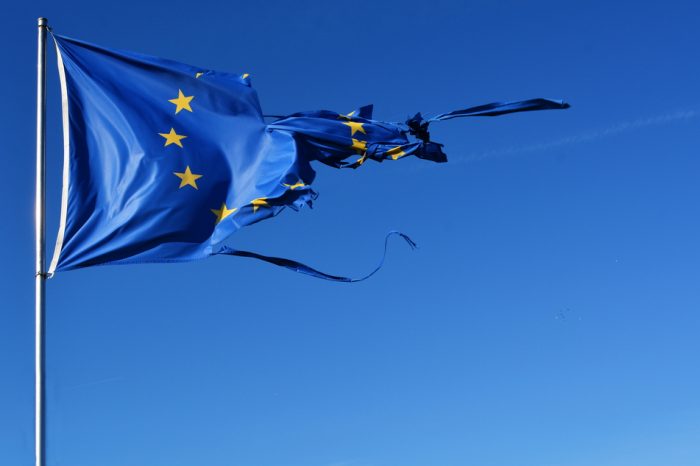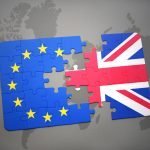A war of attrition is in no one’s interests
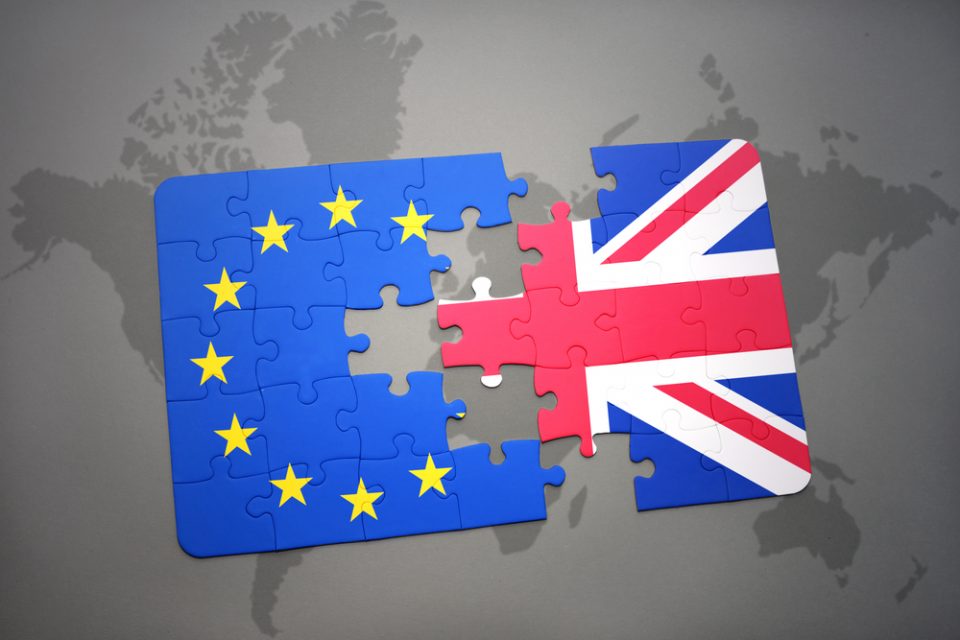
We may have triggered Article 50 this week, but the negotiations haven’t begun yet. Rather like those pre-match interviews with boxers who boast of their strength and vow to knock their opponent’s block off, we are still going through the preliminaries. On both sides of Channel, politicians are creating soundbytes rather than giving any concrete details of their negotiating strategy.
This has clearly been the case over here. Mrs May is reputed to be a lady who pays great attention to detail. It is now over nine months since the referendum result and we must hope that the ministers and Civil Servants who will lead the negotiations have been doing their homework. We know that there have been meetings between the UK’s Brexit team and a number of figures from the business world along with representatives of other interest groups such as the fishing industry, but we still know very little apart from the Government’s desire for us to leave the Single Market. Even here, however, little has been given away. The idea of a transitional deal has been doing the rounds in the media and isn’t being denied by the Government.
This is as far as it goes. Obviously, there is much to be said for keeping one’s powder dry and not revealing our negotiating position in advance of the talks beginning, but the lack of detail has given carte blanche for remainiacs to paint a doomsday scenario.
Meanwhile, in Brussels and Berlin there has been a rather odd mixture of conciliatory language and very tough talking. One blogger has described the utterances from the EU as “models of Teutonic coherence.” The article goes on to say that “one can almost hear the machine-gun rattle of the press officer listing out the points at the journo’s winking recorder. And once they actually realised that the UK really will walk away from a bad deal, the focus of their press manipulation has been pushing the line that our hopes are unrealistic, and that our only option is to take our punishment for the good of the 27. Only it must never be called punishment.”
In other words, it’s pure gamesmanship and the Continental press are happy to play ball. The article features a link to a piece on the online English language version of Der Spiegel which is worth quoting in full as an example of the sabre-rattling which is going on:
Hopes and Delusions from Brexitasia
The EU isn’t setting out to punish Britain for leaving the bloc. But it is almost certain that the ultimate deal will be portrayed as such by Brexiteers. The reason is the completely unrealistic expectations harbored by the British.
The British don’t just live on an island in a geographical sense — it’s also part of their mentality. But when it comes to Brexit these days, that island seems like it’s on a different planet.
Britain’s Brexit secretary David Davis said in January that the United Kingdom wanted to have “the exact same benefits” after its departure as it did before. It is a comment that Labour leader Jeremy Corbyn hasn’t forgotten. If the UK isn’t as well positioned with the EU on trade and customs as it was before Brexit, his party won’t approve the Brexit deal, he told parliament on Wednesday.
If Corbyn means this seriously — his parliamentary group, after all, approved the motion for Brexit — it suggests that he has lost touch with reality. The EU position — backed by the European Commission, the European Parliament and EU member states — has been crystal clear for months: Following Brexit, the UK cannot end up in a better situation than EU members, if only to avoid giving EU-skeptics in other countries a boost.
Theresa May, by contrast, finds herself in a position that could hardly be weaker. In only two years, she must lead the highly complicated negotiations to a successful conclusion — a task which is, to put it mildly, rather ambitious. It’s made even more complicated by the fact that she must fight on multiple fronts: Scotland, Northern Ireland, Brussels, the British economy and domestic British politics. If she doesn’t succeed, a so-called “dirty Brexit” looms, the departure from the EU without a trade deal. Were that to happen, British trade with the EU would then be conducted on the basis of WTO rules. For the EU that would be unpleasant; for the UK it would likely be a catastrophe. The British Treasury has predicted that the country’s gross domestic product could shrink by 7.5 percent in such a scenario and tax shortfalls would amount to 45 billion pounds.
Terrorism Threat
But the British are also afraid of terrorism and are likewise dealing with a rise in populism, as the racist undertones of the Brexit campaign recently proved. Furthermore, the fact that the British economy has not plunged yet is due to a simple truth: Nothing much has changed so far. The UK is still an EU member and it still has access to the common market. Two years from now, however, things will be different.
May knows this too. On Wednesday, she warned “there will be consequences for the UK of leaving the EU.” The country would lose influence over the European economic rules to which British companies would have to adhere in the future. It’s not for nothing that May’s stated goal wasn’t the “exact same benefits” but the “best-possible deal.”
A section of May’s Brexit letter demonstrates the true weakness of her position. If there isn’t a deal at the end of the negotiations, the letter to the EU states, the UK wouldn’t just be reduced to following WTO rules — it would “mean our cooperation in the fight against crime and terrorism would be weakened.” On this subject, unlike economic issues, disadvantages would be equal for both sides. The danger of terrorism would grow for the UK just as it would for the EU. The fact that May has issued such a threat seems desperate.
The seeming rejection by the EU of trade negotiations taking place in parallel with the main divorce settlement is grist to the mill for people like Markus Becker, the author of the piece above. The EU is going to punish us or at least impose such a bad deal that this is what it will look like. Is this the truth, however?
Not according to Vincenzo Scarpetta of Open Europe, who has seen a draft of the EU Council President Donald Tusk’s Brexit plans. They look “anything but punitive” and leave “the door… wide open for parallel negotiations, albeit not from the very beginning.” In other words, claims that the final divorce settlement must be agreed before any trade talks can start seem to have little foundation in reality. The argument that EU claims about non-members not enjoying the same benefits as members is facile. As Scarpetta rightly says, “what else could EU27 say?”
Exactly. Damage limitation is the name of the game. The UK cannot be seen to be doing better by being out of the EU as it would encourage anti-EU parties in the other countries to jump on the exit bandwagon. Furthermore, there is much truth too in Der Spiegel’s argument that crashing out of the EU on WTO rules would be unpleasant for the EU but a catastrophe for the UK.
But this is highly improbable. There will be some agreement – if only an agreement to extend the negotiating period. Especially since the election of President Trump, who is no friend of the EU project, the EU would not want to be seen as a punisher of dissent. After all, whatever the truth in the claim that Article 50 was inserted into the Lisbon Treaty but never meant to be used, we have played by the EU’s own rules – taking advantage of what was available to us under a treaty of which we were one of 27 (now 28) signatories. Would the EU wish to align itself with the Inquisition, the Soviet Union or North Korea in treating dissent as a heinous crime for which no restraint need be used when dealing with offenders?
Ultimately, we have made a democratic decision to leave an organisation which was never to the taste of many people in this country. There are good reasons to be grateful we left, as Lee Rotherham pointed out a few days ago. However, there will inevitably be trade-offs as the price for regaining our freedom. We have some strong cards in the negotiations, notably the expertise of our security services and the possibility of closing our waters to EU vessels if there is no agreement on fisheries. There are also areas of vulnerability. At the end of the day, however, even the recent sabre-rattling over Gibraltar cannot hide the fact that there is so much to be lost by a acrimonious divorce that common sense must prevail on both sides – at least, we hope so.



